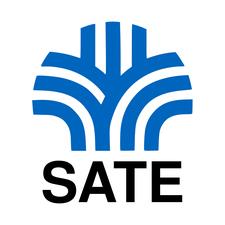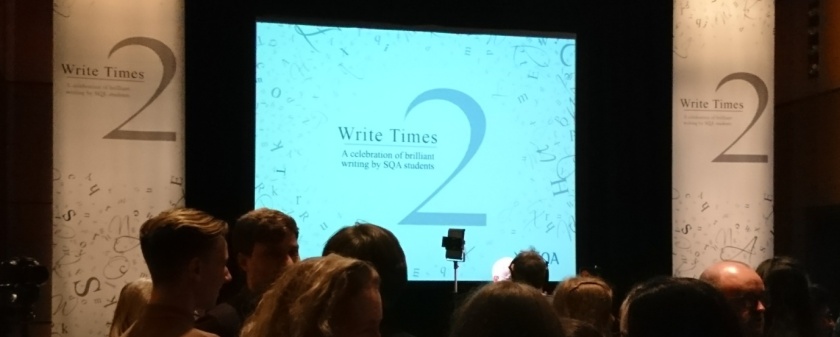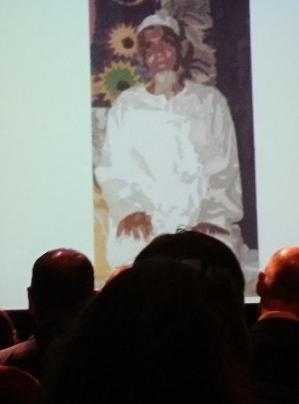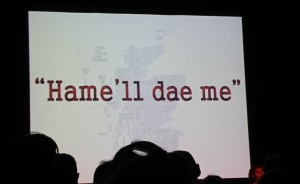It’s been an interesting August for Scottish education, hasn’t it? With a furore over SQA results – happily now resolved by the government’s unusual decision to actually trust teachers’ judgments – and justifiable concerns about a full time return to school in the middle of a pandemic, there’s been a lot to occupy our thoughts.
NATE(S) has been busy trying to support you. We’ve held a number of webinars, all available on our SATE YouTube channel. Google guru Tom Coles kicked off with a session on Blended Learning, and NATE(S) coordinator Raymond Soltysek followed that up with a webinar on techniques for teaching RUAE. A panel discussion for probationers and NQTs featured Sharon Loder from the University of Strathclyde and Leanne Welsh, student mentor and author of the NQT Reflections blog, along with former probationers.
A session on Decolonising the Curriculum with Nav Govender from the University of Strathclyde and Mélina Valdelièvre of the Anti-Racist Educator collective provided some timely advice on how we can construct and deliver a curriculum that is truly anti-racist. Follow the collective on their blog and on Twitter.
The SQA results situation prompted a high level panel discussion featuring Tom Coles, Raymond Soltysek, Mélina Valdelièvre and the legendary Kenny Pieper and Lindsey Duncan. NATE(S) hopes to have an input at all levels of future discussions, and we will publish our response to the SQA consultative exercise shortly.
Our last webinar featured Susan Brownlie and Tom Coles in discussion with Paula Cowan and Henry Maitles of the University of the West of Scotland about the teaching of The Holocaust in the English classroom. NATE(S) has visited this in the past (see our previous blog for reactions to an earlier session with The Holocaust Education Trust), and we’d recommend their advice on resources which are appropriate to use (and resources, such as The Boy in the Striped Pyjamas, which are inappropriate to use!) when considering The Holocaust with your classes. You’ll find some here and here.
Upcoming, we have a range of fascinating sessions planned, on alternatives to National and Higher courses, personal reading, the Scottish set texts and using Scots in the English classroom. If you have any requests for sessions you’d like to see or you’d like to offer a session yourself, please get in touch at connectsate@gmail.com and we’ll have a chat. Consider joining NATE, our parent organisation, which offers access to a plethora of resources and to the only magazine and research journal dedicated solely to teaching English in the UK.
In the meantime, stay safe, enjoy your time with your pupils and subscribe to our blog, YouTube channel and Twitter account to keep updated.




